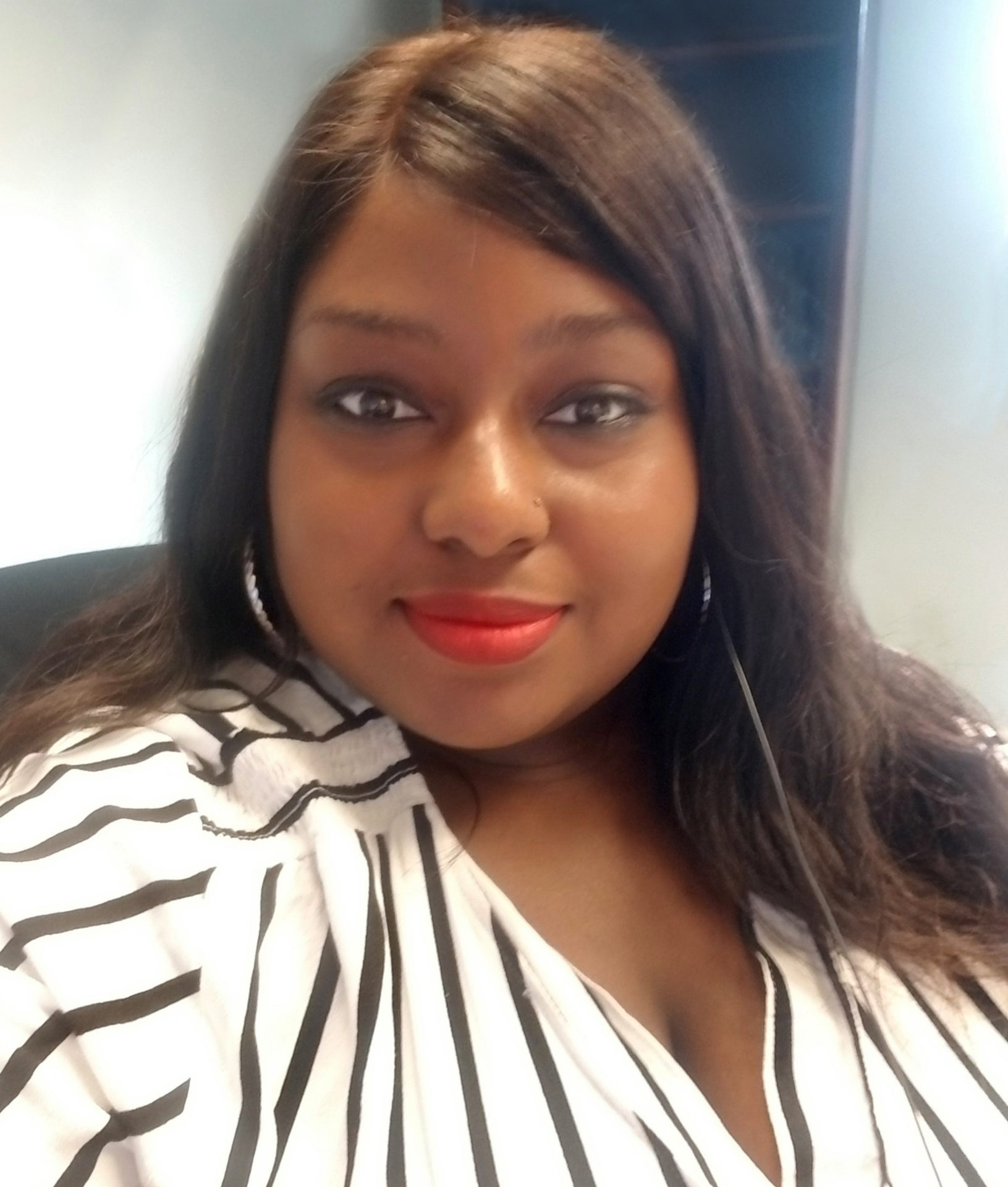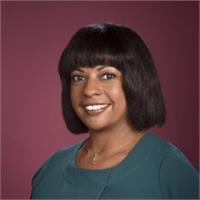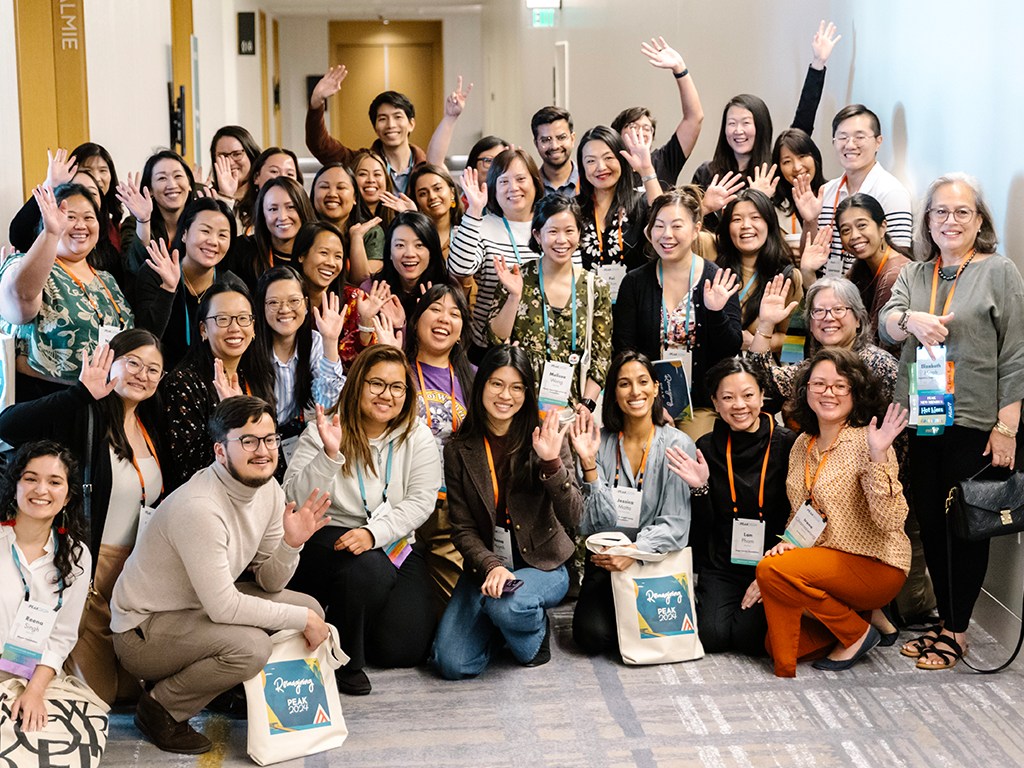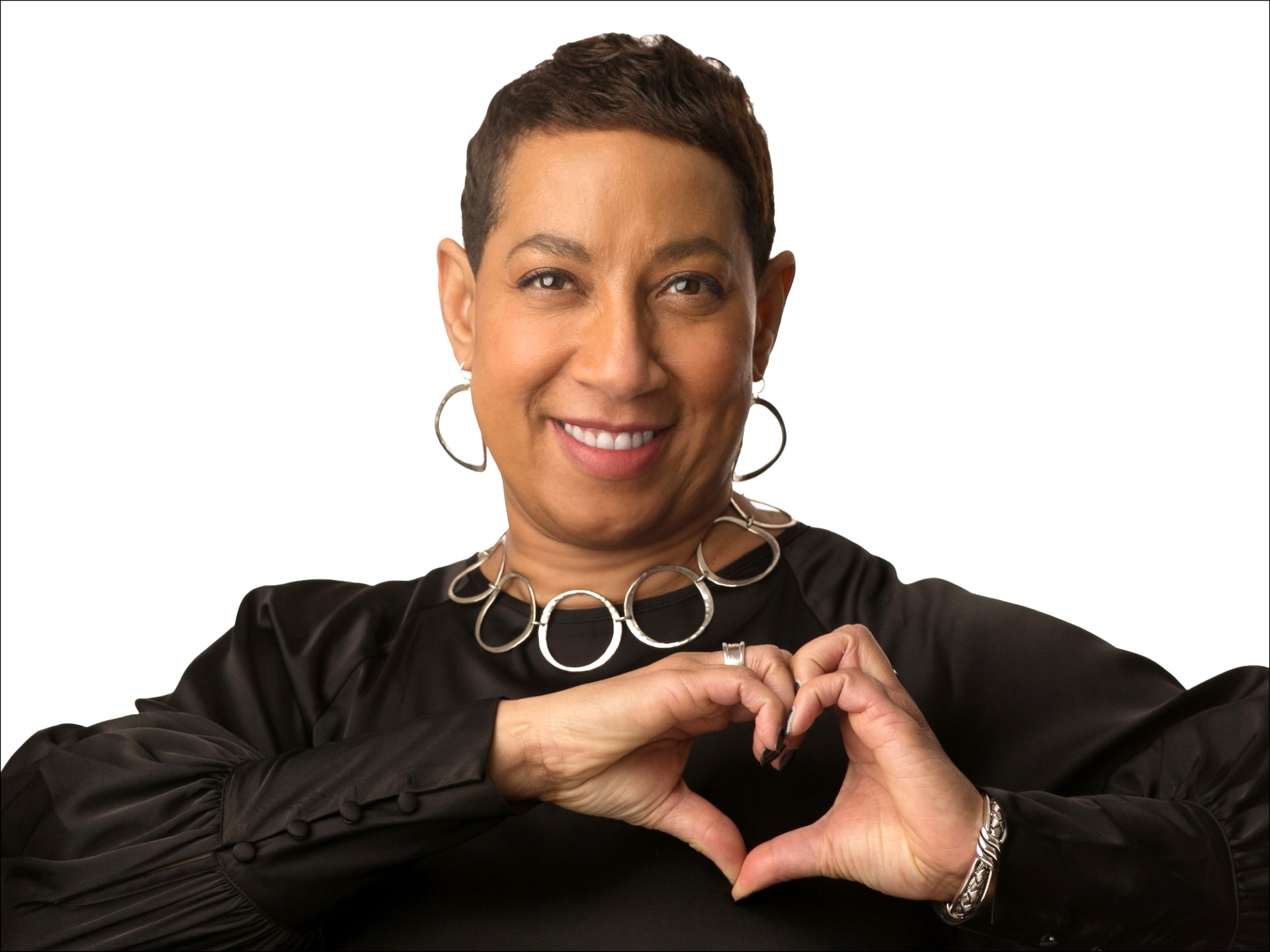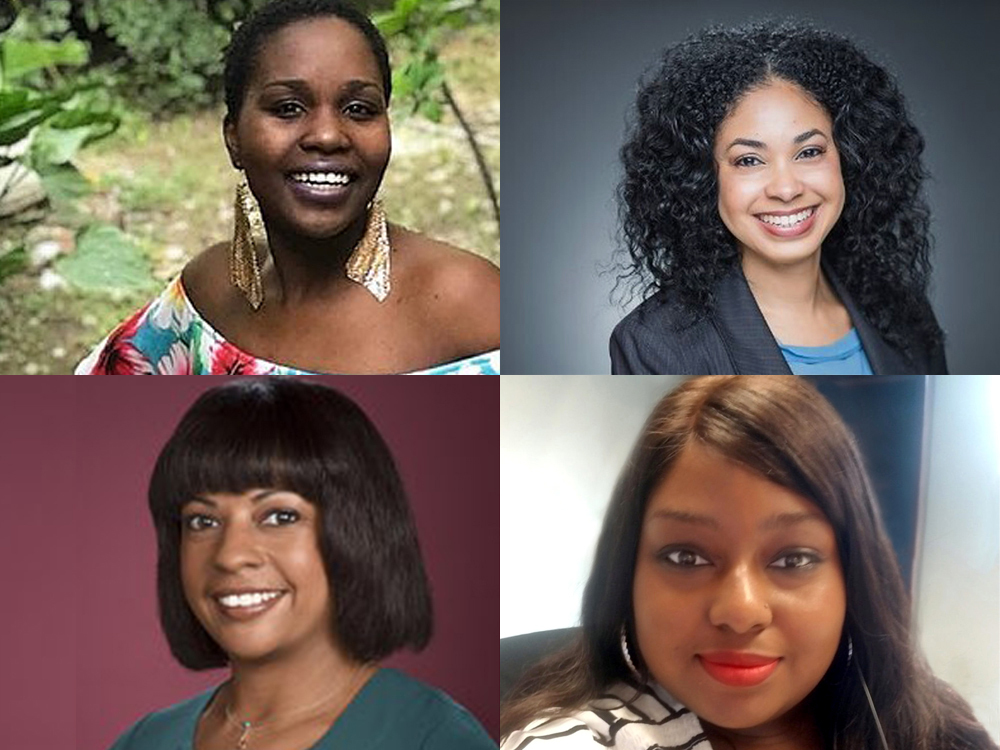
PEAK launched nine forums for peer learning and support in spring 2021 in response to members asking for more dedicated spaces to convene around shared identities. Among them is the Black Caucus, which met for the first time during PEAK2021 Online. Over the past year, this group has been a space to discuss identity, personal and professional challenges, and to provide mentorship and a fortified sense of community to help members to have successful careers in the sector.
As we reflect on Black History Month, PEAK Interim Programs and Knowledge Director Chantias Ford sat down with cochairs Edberte Beauzile, Campaign for Tobacco-Free Kids, Blanch Vance, Grants Manager, Grove Action Fund and Grove Foundation, and Shantelice White to talk about what the caucus has meant to them. (Cochair Shakila Woltz, Robert Wood Johnson Foundation, was on maternity leave and, unfortunately, could not participate.) Highlights from their conversation follow.
Ford: Why did you want to become a cochair of PEAK’s Black caucus?
White: 2020 was crazy. Everything changed for me after George Floyd was murdered. I felt fragile showing up to work every day and acting like I was okay. It was so hard, and I never felt that way before. I needed a safe space with other Black professionals in philanthropy and a space where I could show up. It hurt so badly when things happened and people distanced themselves from it. Some said that we shouldn’t talk about racism. I had people tell me that because they weren’t Black, they didn’t understand how I felt, and it hurt.
Beauzile: I wanted a community and a safe space for us to talk about the challenges we face. It was so important for me to have a platform where Black people could show up and be themselves unapologetically. I felt joy when I started talking with the group. They understood me and I didn’t need to explain myself. I know what we go through at work and in our everyday life. The Black Caucus represents this forum where Black professionals can connect, and I hope it will stay that way in the future.
Vance: I just feel thankful to be in this space. I really love working in philanthropy, but I feel like there’s so few Black people in general who work in this field. I was just really excited when PEAK decided to do this and I wanted to be a part of it.
Ford: I agree! Likewise, from the staff perspective, I was so thrilled to support the development of this group. As a Black philanthropic professional, I have relied so heavily on my peers, and know the benefit of having community as we navigate such difficult times.
To transition to my next question: The philanthropic sector is making a big push for equitable grantmaking, uplifting equity, and reducing bias, but at the same time, these organizations are bleeding out the marginalized people who they’re supposed to be supporting. They may recruit these professionals, but they can’t retain them because they’re further traumatized by the culture that exists in philanthropy. Having a collective space to decompress and connect, support, and validate each other is critical. How do you see the Black Caucus addressing some of the pain points Black professionals experience in this sector?
Vance: Talent is leaving because there are few opportunities to move up. And when you are one of the only, or few, Black professionals in the organization, you don’t necessarily have the support that you need to develop. You need emotional and mental support when you are one of the only—or the only—Black person in the organization. I think that that’s a gap that the Black Caucus can fill.
White: You need support at every level—mentors and peers standing by your side. You need to feel like you’re surrounded by people who have your back. There are so many times when you’re made to feel like you’re lesser than others. You need to be able to say, I bring something here and I have something to offer.
Vance: I know I have a voice. And with PEAK, I feel empowered. It just feels good to be connected and to define ways forward and not make you want to leave philanthropy.
Ford: That’s such a great point. Peer groups are good for field retention. So how can funding organizations meaningfully recognize Black History Month now?
Beauzile: If you say Black lives matter, show me. Look at the policies at your organization. Address salary equity and salary imbalances at your organization or foundation. Pay Black professionals like you pay their white counterparts. Review your hiring and promotion practices. I’ve noticed at some nonprofits focused on democratic-governance programs in Africa, the white person that was trained by a Black professional would be promoted to a manager position before the Black person. And it could take years before that person could get a promotion. Being serious about DEI is not putting statements on the organization’s website about how Black lives are important. It ‘s really about the actions that the organization will implement to ensure that equity, diversity, and inclusion are embedded in its everyday practices.
Vance: Fund Black-led, community-based groups more because oftentimes they’re doing the work on the ground. They tend to be underfunded compared to white-led organizations.
Beauzile: In addition to funding these black led organizations, it would be important to remove the strict requirements imposed upon them, which don’t exist for white-led organizations.
Ford: And make space for Black professionals to have power and influence at your organization. Show that you are looking out for them holistically—professionally, personally, mentally. Make sure that your actions match what you’re saying.
White: Prioritize representation from top down: board, leadership, staff, interns. Representation matters. Make room at the table or expand the table and give space. Share decision-making power that instills trust and flexibility. Don’t say you want to operate on trust and then have the CEO sign everything.
Organizational culture is also really important. Have a culture where people feel free to share who they are and be authentic. I love learning about other cultures and communities as well.
Ford: Great points. So, as we celebrate Black History Month, we take the time to look backwards so we can move forward. In what ways does reflecting on history activate you in your life or work?
Beauzile: History makes me want to see radical change, even if I don’t see it in my lifetime. All of our systems need to change. While it is exhausting to keep reminding people that your life matters, I am motivated to fight for the rights of the generations that will come after me.
Vance: Reflecting on history makes me think about how change is possible. Growing up in LA, I think about how Charles R. Drew University and Martin Luther King Hospital were founded after a group of Black community leaders, including Ms. Lillian Mobley, pushed for it following the 1965 Watts Rebellion. They recognized there was a dearth of medical care, and Black physicians in South LA, and spearheaded the fight to fulfill a need for the community they loved. There are so many stories like that, like Congressmember Karen Bass starting the Community Coalition in the 1990s, at the height of the crack cocaine health epidemic in South LA. She and a small group of community activists gathered around a table to discuss what was happening in the black community at the time. What started out as a small group of people turned into an organization that has operated for more than 30 years and is responsible for lasting policy change. I think about that a lot in my work, how I can be a small part of change working in philanthropy, how I can make things better.
White: Reflecting on it, I get a sense of pride for our dignity, perseverance, love, triumph over struggles. And we’re still here. We’re still standing in the spirit of Black excellence. I am proud to be a part of this community and its rich history. That makes me perk up and stand stronger.
Ford: I think about how systems are designed to perpetuate the inequalities that we see, and it activates me to call it out. But I also do think about the ways that we’ve progressed, the movements that have taken place, and the ways that I have agency and influence. I can call things out now in a way that couldn’t be done before for someone that looks like me. Or even the access I have- the rooms I’m able to be in that we weren’t able to be in before. And so I think about that too. And it activates me to keep learning and to keep acknowledging and keep honoring those who came before me.
Click here to learn more about PEAK’s member peer groups. To learn more about the Black Caucus and inquire about joining, contact our team at info@peakgrantmaking.org.

